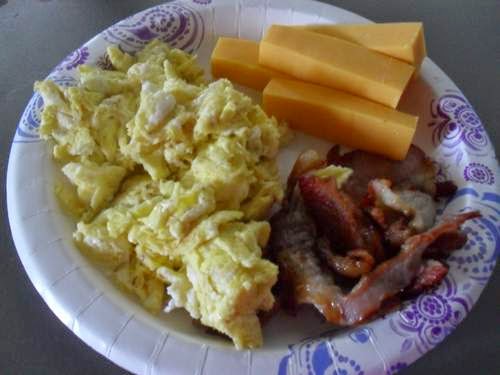What is the Purpose of a Low-Carb Diet?

Okay. You're decided to give the Atkins Diet a try. You've heard good things about dietary ketosis and you want to give it a whirl. Or, maybe you think that a lower fat, more protein-controlled Protein Power low-carb diet might be more suitable to your taste. Perhaps you are thinking about trying some other low-carb diet plan. No matter which low-carb diet program you're considering, it's a good idea to take a moment and ask yourself: What is the purpose of going on a low-carb diet? Why am I doing this? And what do I hope to gain? What is the Purpose of a Low-Carb Diet? Don't Confuse Purpose with Goal A lot of people confuse purpose with a goal. A goal is the ultimate outcome you hope to achieve once you have completed a diet program. That goal could be to achieve a certain clothing size, reach a particular number on the scale, or enjoy improved overall health. A goal could be to get rid of the uncontrollable cravings that unstable blood sugar or a high basal in...




